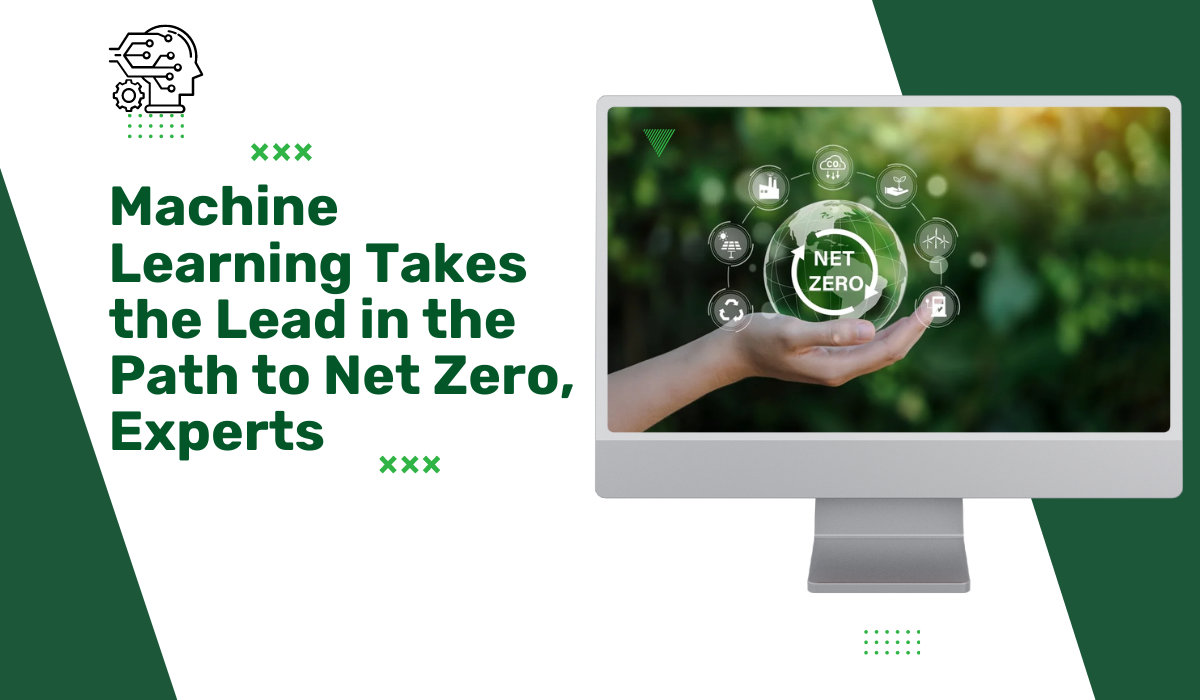
In a two-day conference, "Decoding Decarbonisation," which concluded on Thursday, experts explored the role of Artificial Intelligence and Machine Learning (AI/ML) in transforming the built environment. Rupesh Umtol, co-founder and Director of Electro-Mech Consultants, unveiled a groundbreaking concept named Btrlyf. This digital twin model leverages AI/ML to analyze older buildings, focusing on energy efficiency improvements. Umtol emphasized that retrofitting, energy sourcing, and occupier engagement are key factors in transitioning existing buildings to net zero, with Btrlyf providing customized solutions through multiphysics dynamic simulations and integration with weather data.
Umtol explained that over 80% of old buildings were not designed or operated with energy efficiency in mind. The target is for all buildings to achieve net-zero status by 2050. Btrlyf's technology, established in 2017, aims to streamline the process by utilizing machine learning and 3D simulations for accurate energy predictions. While the startup is currently mapping Indian cities, Umtol pointed out that this has already been accomplished in global cities like those in Europe and Australia. The simplified system requires minimal inputs, delivering comprehensive reports in just half an hour, eliminating the lengthy manual survey process.
Dr. Nidhi Arora, Director, and co-founder of AI at Advic Tech, highlighted the potential of AI in leading the world towards decarbonisation. Addressing four fundamental challenges related to the malfunctioning of heating, ventilation, and air-conditioning (HVAC) systems—energy wastage, uncomfortable indoor environments, poor air quality, and high maintenance costs—Arora proposed AI solutions. By harnessing AI capabilities, she emphasized the potential to reduce costs, enhance efficiency, and gain valuable insights. The conference, organized by the Indian Society of Heating, Refrigerating, and Air Conditioning Engineers (ISHRAE), showcased the industry's commitment to leveraging cutting-edge technologies for sustainable transformations in the built environment.
The event underscored the transformative impact of AI on HVAC systems, positioning it as a crucial tool to address energy wastage and improve overall indoor environmental quality. Dr. Arora's insights shed light on how AI can revolutionize HVAC operations, providing a pathway to lower costs and increased efficiency. As industry leaders gather to explore AI-driven solutions, the focus on leveraging technology for sustainable practices indicates a paradigm shift towards a greener and more efficient built environment.